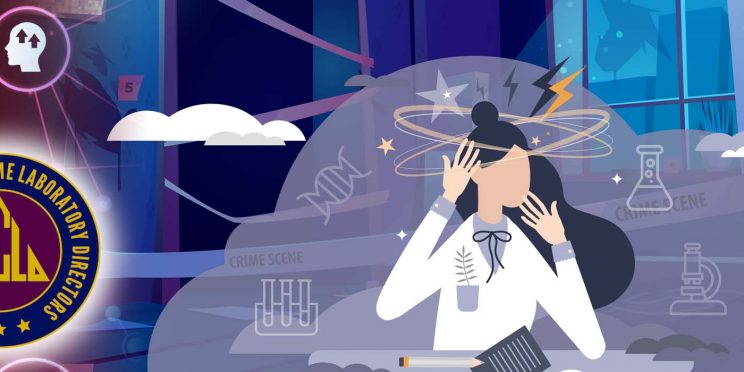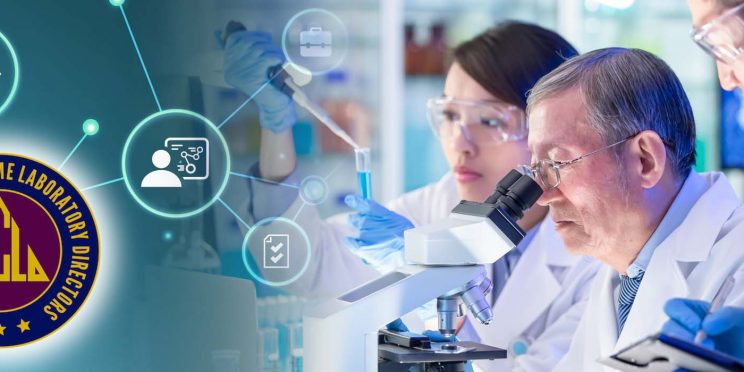Date
March 2020
Overview
Research and development (R&D) plays a key role in improving the practice of forensic science. The knowledge, tools, and methods developed by researchers can help improve the objective collection, analysis, and interpretation of evidence. Adoption into practice is the end goal and true value of all R&D, and technology transition is critically important for the forensic community. However, successful technology transition often requires researchers to interact with users and connect to the forensic community far earlier than they might have anticipated. Forensic stakeholders can help researchers better understand a need, consider the realities of use in the field, or highlight realities specific to use in the criminal justice context. This in-brief provides an overview of the researcher’s role in driving technology transition and summarizes both the characteristics of successfully transitioned technologies and the roles of forensic stakeholders in moving research to practice.
“We need strong science to support the fair and impartial administration of justice. Researchers can positively impact the operations in the field.”
- Lucas Zarwell | Director, Office of Investigative and Forensic Sciences, National Institute of Justice
Funding for this Forensic Technology Center of Excellence report was provided by the National Institute of Justice, Office of Justice Programs, U.S. Department of Justice.
The opinions, findings, and conclusions or recommendations expressed in this report are those of the author(s) and do not necessarily reflect those of the U.S. Department of Justice.
Contact us at ForensicCOE@rti.org with any questions and subscribe to our newsletter for notifications.




